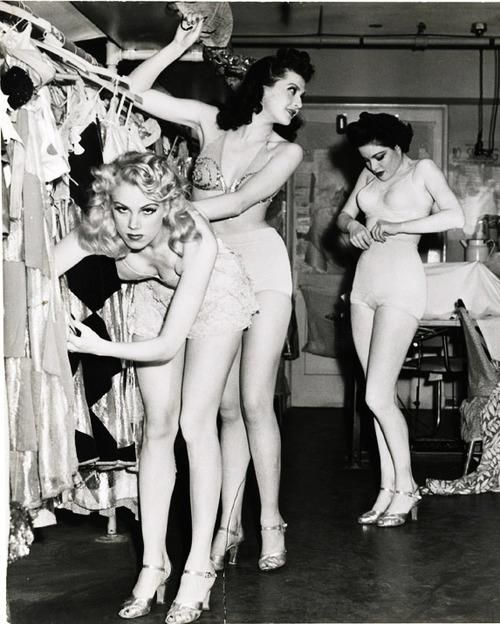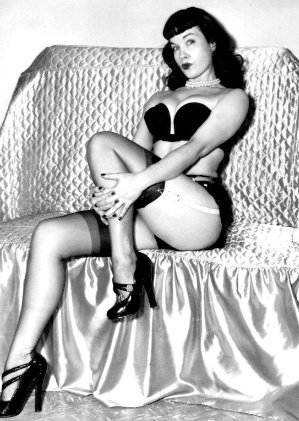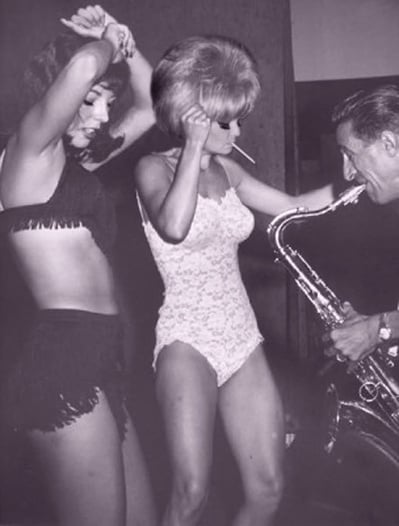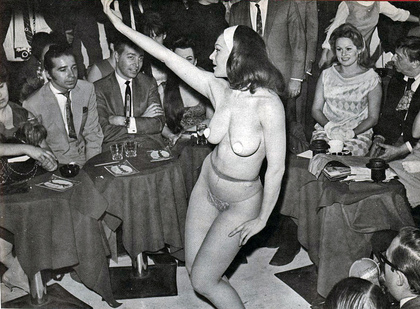
Pennsylvania House Bill 262, introduced earlier this year by Representative Matt Baker of Tioga County, seeks to drastically expand regulations of “adult establishments” promulgated by Section 5501 et. seq. of Title 68 of the Pennsylvania Consolidated Statutes. The media has characterized this bill as a “stripper registration” legislation, but it would actually do much more than create a stripper registry. In fact, it appears that the true purpose of the bill is to make it illegal for strip clubs to effectively operate, and thus, regulate them out of existence. Similar “trap laws” have been introduced in other states to impose a de facto ban on abortion, while not running afoul of Roe v. Wade by explicitly banning a constitutionally protected right.
HB 262 is of interest to me because it negatively impacts one of the traditional demographics of my client base. Pretty much every criminal defense attorney represents strippers, boyfriends of strippers and other strip club personnel, and we appreciate the fact that these clients normally pay in cash.
This bill would place onerous burdens on both adult establishments and employees. Because strippers are traditionally independent contractors who are responsible for their own taxes and not covered by workers compensation, the term “employee” in this bill includes independent contractors like strippers and DJs, as well as traditional employees such as bouncers, doormen, managers, cashiers and janitors.

The bill would require any employee of an “adult-oriented establish” to register with the Pennsylvania Department of State and pay a $50 fee. The registrant must submit a passport sized photo and proof of age. A registrant must include his or her real name, stage name, place of birth, height, weight, hair color and eye color. Something tells me that the chaste writers of this bill are unaware that a stripper’s hair, eye color and weight are subject to frequent changes, and their height changes depending on their choice of heel size for any given set. Unique tattoos are the best way to identify a stripper over time, but something tells me that the sponsors of this bill still inhabit a black and white TV, pre-Sexual Revolution world where only sailors and outlaw bikers have tats, thus explaining why the registration form does not require employees to describe their tattoos.
Additionally the registrant must indicate whether she has a criminal record, and if so, provide a description of the offense and the jurisdiction where the offense occurs. Apparently, the sponsors of this bill want to make sure that strippers, bouncers, DJs and club cashiers are as wholesome as school teachers. Registration can be revoked by the Department of State for “any specified criminal activity.” What constitutes “specified criminal activity” is not defined, so it will apparently be up to bureaucrats at the Department of State to figure out whether this means offenses like prostitution or drug dealing at a club, or whether it means any crime. I can see the purpose of having squeaky clean teachers, who serve as role models, but I do not see why a stripper should lose her job over a DUI or possession of a small amount of marijuana.
The Department of State can take up to 30 days before approving or rejecting a registration request form. Needless to say, women who work in this industry do not often have the luxury of waiting 30 days before they can start making money. As one former client once told me, “it’s not easy money, but it is fast money.”
The $300 registration fee is the least onerous burden this bill places on adult-oriented establishments. The bill requires a club to notify the Department of State every time a dancer is either hired or fired! There are several problems with this. Some strippers work intermittently when they feel like it, while others work full time. Also, headliners tour the country, working at different clubs for a few nights before moving on to the next town, much like a stand-up comedian or band. So, not only would a touring performer be required to register with the Department of State in advance of her tour, but every club she performs at will have to register her “employment” with the Department of State.

The bill does not only create an onerous registration process, but also bans previously legal activities. For example, the bill requires nude or semi-nude strippers to be at least six feet away from patrons. This means it would be illegal for strippers to engage in the practice of interacting with guys seated around the stage as they collect tips. Likewise, lap dances would be illegal unless the stripper is fully clothed.
The bill also seeks to ban alcohol in adult establishments under any circumstances. This includes BYOB clubs and clubs which provide free drinks. A previous law under the Pennsylvania Liquor Code used to ban “lewd, immoral or improper entertainment” at establishments with a liquor license, however that law was declared unconstitutional in 2006. Accordingly, it appears that at least this provision will not pass constitutional muster.
The pretense of House Bill 262 is to crack down on human trafficking, a problem, which is not very common at Pennsylvania strip clubs. And even if it were an issue, there are far more effective means of dealing with it. For example, each adult establishment could be required to keep copies of proof of age on the premises. There should be no need for the Department of State to maintain a stripper registry, which is updated every time a new dancer begins or leaves employment.
In some ways, it is ironic that conservative Republicans, who purport to detest the crippling effect of over regulation on business, would support this legislation. But, of course, this bill is not designed to merely regulate strip clubs. The purpose of the bill is to essentially ban them by prohibiting the activities, which occur in strip clubs. That is why this type of legislation is called a “trap law.” The real opposition to strip clubs is that they offend the puritanical morality of the bill’s sponsors.

Those who violate the onerous regulations in this bill commit a summary offense, punishable by up to 90 days in jail and a $300 fine. The real danger, however, is that the Attorney General’s Office, local district attorney or municipal solicitor can seek to shut down any clubs, which do not follow the strict rules of this bill.
Currently, this bill is still in the Judiciary Committee, so it has a long way to go before passing both houses and avoiding a governor’s veto. If this bill does become law, you can expect the state government to spend millions of dollars in tax payer’s money fighting over the constitutionality of this law in the courts for years to come.
Matt McClenahen is a criminal defense attorney in State College, Pennsylvania.
http://www.mattmlaw.com/About-Attorney-McClenahen/Matt-M-Mcclenahen.shtml

